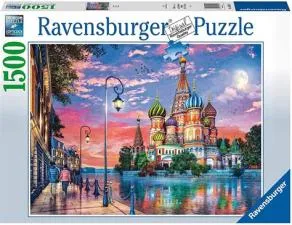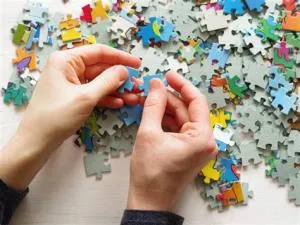Do puzzles help depression?

Why are ravensburger puzzles better?
Ravensburger Softclick Technology guarantees individual pieces are so precisely cut that you can actually hear a soft 'click' when you fit a piece into the correct place. Every adult puzzle, even up to our 40,320 piece puzzles, has Softclick quality pieces that make the puzzling experience that much more enjoyable.
2024-02-16 03:02:13
Who are puzzles good for?
Studies have shown that jigsaw puzzles can help improve visual-spatial reasoning, short-term memory, and problem-solving skills as well as combat cognitive decline, which can reduce risk of developing dementia. There are also mental health benefits to puzzling.
2024-01-03 11:57:54
Are puzzles good for my brain?
Working on a puzzle reinforces connections between brain cells, improves mental speed and is an effective way to improve short-term memory. Puzzles increase the production of dopamine, a chemical that regulates mood, memory, and concentration. Dopamine is released with every success as we solve the puzzle.
2023-09-17 22:16:42
Do puzzles count as art?
Regardless of whether you consider putting together jigsaw puzzles to be an art form or a type of science experiment, most people do agree that puzzles can be considered both. It makes sense that artistic processes, as well as scientific ones, are required to complete puzzles.
2023-04-02 08:34:44
- ffxv wikipedia
- what happens to finn and jake
- does green text mean blocked iphone
- roblox ps4 release date
- where is the world cup hosted
- Recommended Next Q/A:



